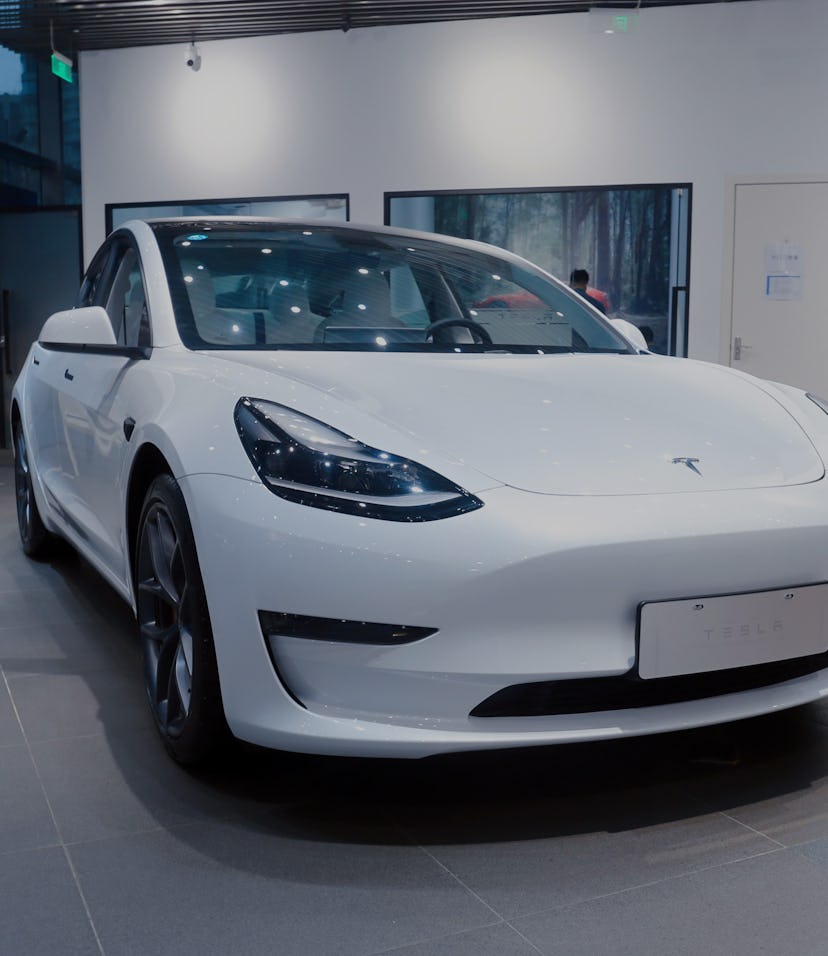Tech
Tesla’s China problems may grow if EVs are seen as a national security threat
Chinese regulators have already forced Tesla to release a software update for 300,000 vehicles over an issue with its Autopilot software.

Tesla seems to be experiencing a changing tide in China, where regulators and state-run media have been publicly bludgeoning the company over battery fires and other issues with its cars.
It’s an ominous sign for Tesla, if only because China gave strong backing to the electric automaker when it opened a factory in Shanghai in 2019. It was the first such company allowed to open its own factory in the country without a local partner. Until then, China had always required foreign companies to enter joint ventures with domestic companies.
Fall from grace — Now, the government has stepped up scrutiny of Tesla, forcing it to initiate a “virtual” recall of nearly 300,000 vehicles, primarily Model 3 and Model Y cars, over an issue with the Autopilot-assisted software accidentally engaging on its own.
Adam Jones, an analyst at Morgan Stanley, has reported that China’s state-run media outlets have simultaneously begun publicizing a string of safety issues affecting Tesla vehicles, including abnormal acceleration caused by the Autopilot issue, and battery fires.
And in a more strange incident that occurred at the recent Shanghai Auto Show, a woman who claimed a brake failure in her Model 3 climbed on top of a vehicle wearing a t-shirt that read “brake lost control.”
Protests are unusual in China, which made some people think it was sanctioned. Similarly, state-run media there is highly controlled and the government generally doesn’t like any negative press unless it’s fulfilling an agenda. Bloomberg reports that following the woman’s protest, state-run outlets demanded that Tesla issue a formal apology over the braking issue after it initially denied being at fault.
China makes up 30 percent of Tesla’s sales globally, but The Information reports that sales fell by nearly half in May from April on the backdrop of the government scrutiny. The most popular electric vehicle there today is the Hong Guang Mini, a much cheaper EV that costs just $4,500.
Tech dominance — China has been a crucial market for Tesla as it’s provided the company with ample runway to grow sales. But the country views dominating nascent technologies like AI and electric vehicles as the way it will lead the world going forward, and under that backdrop it’s not unreasonable to speculate that the negative press is an intentional way to drive consumers away from buying Tesla’s and towards vehicles from domestic automakers.
Automotive nationalism seems like it’s going to be an issue especially as cars become more sophisticated roving computers collecting huge sums of data to feed their self-driving systems. Tesla relies on machine learning and data from its vehicles to improve its self-driving software. In the U.S., the government likely wouldn’t be too pleased if a Chinese automaker was collecting data on American drivers. China similarly probably doesn’t want a U.S. automaker controlling the market there.
Tesla will probably be okay if it continues on its path in the Western world, creating new types of vehicles to appeal to every segment, and pushing into the energy business. But maybe betting on China wasn’t a great idea.